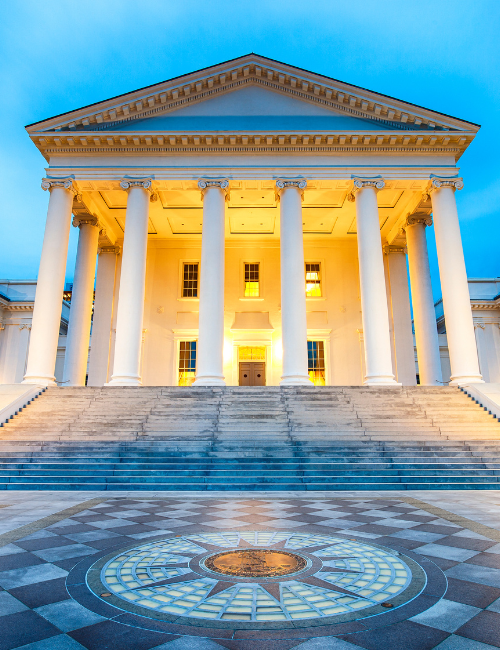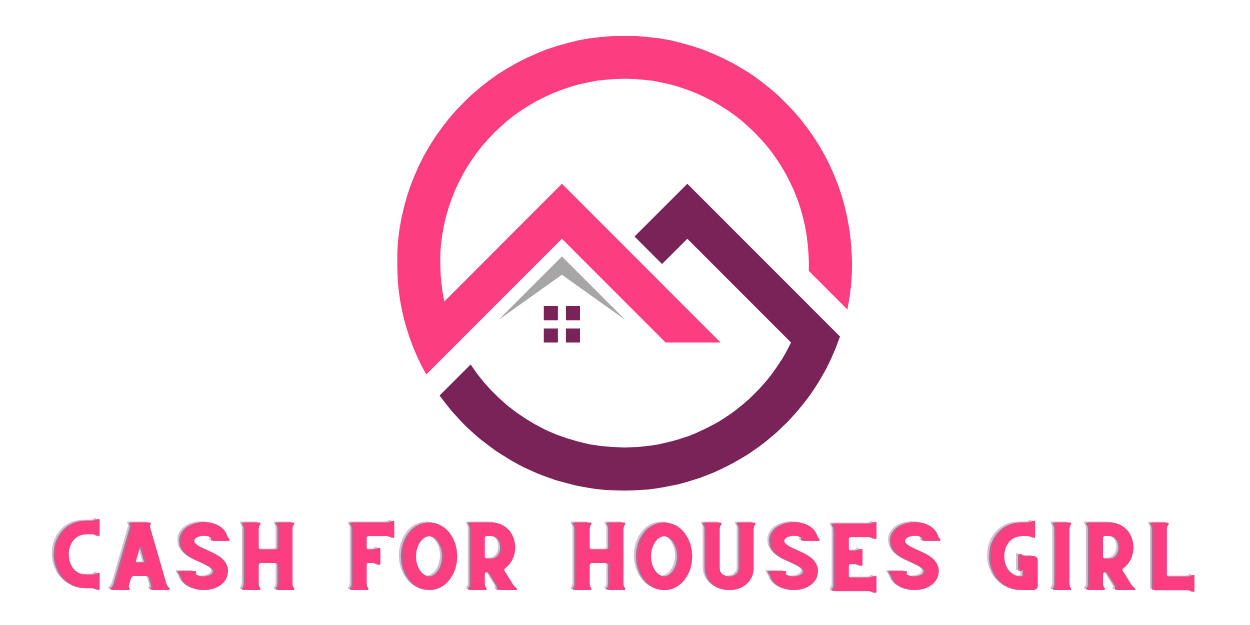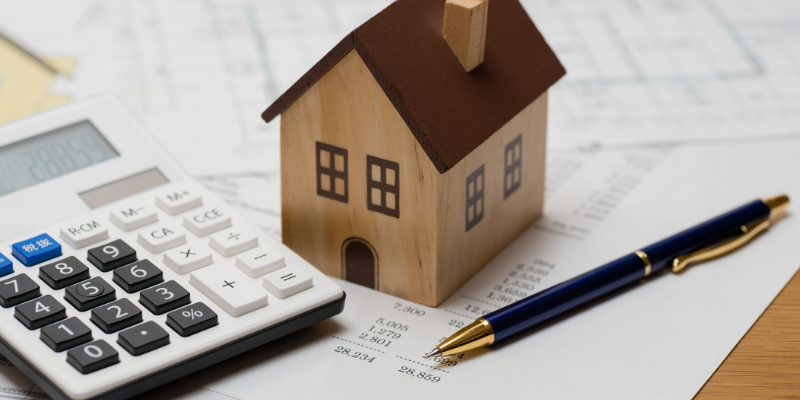
At Cash For Houses Girl, we know closing costs in Virginia can feel overwhelming. That’s why we guide you through simple ways to reduce or even avoid them so you can confidently focus on your new home.
Understanding the Components of Closing Costs in Virginia
Closing costs in Virginia include numerous fees and expenses that homebuyers must account for when acquiring a property. Comprehending these elements is essential for individuals aiming to mitigate or evade them.
Closing costs often encompass lender fees, including loan origination charges and application fees, which may differ based on the mortgage provider. Purchasers should be cognizant of appraisal fees, essential for assessing the property’s market value, along with inspection fees that verify the home’s condition adheres to specific criteria.
Title insurance is a crucial element, safeguarding purchasers from possible title disputes or lawsuits. Recording fees remitted to local government authorities are necessary for the formal registration of the property transaction.
Closing costs may also encompass prepaid fees such as homeowners’ insurance premiums and property taxes. By acquiring a thorough comprehension of these factors, homebuyers in Virginia can more effectively devise strategies to negotiate with lenders or sellers, thereby alleviating their financial obligations at closing.
Key Differences Between Buyer and Seller Closing Costs in Virginia
If you want to keep your closing costs low or eliminate them altogether when buying a house in Virginia, you need to know the main differences between buyer and seller closing fees. Buyers are usually responsible for paying a number of fees, such as loan origination fees, appraisal costs, house inspection fees, and title insurance premiums.
Buyers also usually have to pay for recording costs and sometimes transfer taxes. Sellers, on the other hand, usually have to pay the real estate professional’s fees, which can be a big part of the closing costs.
Sellers may also have to pay their fair share of prorated property taxes and closing costs. These differences may not always be the same in every area or in every contract negotiation, but knowing who usually pays what can help buyers and sellers negotiate better and possibly lower the total cost of closing on a property in Virginia.
Strategies to Minimize Closing Costs in Virginia Real Estate Transactions
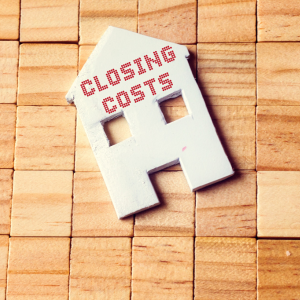
Smart buyers can utilize several techniques to reduce their closing costs and streamline the home-buying process in Virginia. Using a closing costs calculator early in the process helps estimate expenses upfront and makes it easier to plan your budget. Shopping around for lenders is also a good idea, as different banks offer varying loan terms and fees. By comparing these options, buyers can find the most affordable mortgage deal.
You can also get the seller to pay some or all of the closing costs as part of the purchase deal, which can save you a lot of money. Additionally, buyers should look for any state or local programs that can help them with closing costs. These can save them a lot of money.
If you want to avoid paying closing costs, you could choose a mortgage with no such fees. Lenders may add the fees to the loan amount or slightly raise the interest rate, so you don’t have to pay them all at once. When buyers know about common closing costs like title insurance, appraisal fees, and legal fees, they can find places where they can negotiate lower rates or discounts.
Banks and credit unions offer reward programs that can help you save money on fees and get better rates on loans and services that are needed to buy a home in Virginia.
To minimize closing costs, consider working with buyers who sell your home for cash in Virginia, reducing expenses like appraisals and inspections.
A Comprehensive Guide to Negotiating Lower Closing Costs in Virginia
When purchasing a home in Virginia, working to lower closing costs can greatly ease your financial strain. A powerful approach is to evaluate different lenders, since some might provide more favorable terms or even eliminate specific fees.
Careful examination of the Loan Estimate from each lender is essential to pinpoint negotiable aspects like origination fees, application fees, and underwriting fees. Working with a knowledgeable real estate professional who is familiar with the local market can be beneficial; they typically possess valuable insights into common practices in Virginia and can advocate for you during negotiations.
Moreover, think about requesting the seller to help with closing costs when you make your purchase offer, particularly if the property has been listed for a long time. Investigating programs tailored to individual states that help with closing costs can significantly reduce financial burdens for first-time homebuyers or individuals who qualify under certain conditions.
By actively exploring these options and fostering transparent dialogue with everyone involved, you can significantly reduce your closing costs when buying a home in Virginia.
Exploring Legal Ways to Eliminate Certain Closing Fees in Virginia
When purchasing a house in Virginia, it is critical to investigate legal alternatives for reducing or eliminating specific closing expenses. Negotiating with the seller to cover closing costs can result in a slightly higher purchase price that includes these costs.
Buyers should also be aware of unique state and municipal legislation that may provide exemptions or discounts in transfer taxes or recording costs. It’s also a good idea to look around for title insurance because costs can vary greatly between providers; selecting competitively priced coverage can result in big savings.
Another strategy is to take advantage of lender credits. Lenders may offer credits to offset some or all of the closing costs if you choose a slightly higher interest rate.
Buyers should carefully analyze the Loan Estimate and protest any suspicious costs indicated by the lender or settlement expert. Understanding these legal options and being proactive might help relieve some of the financial constraints involved with buying property in Virginia.
How to Utilize Seller Concessions to Offset Closing Costs in Virginia
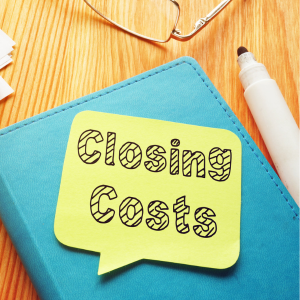
Using seller incentives is a good way to cut down on or get rid of closing costs when buying a home in Virginia. When a seller makes a seller compromise, they agree to pay some of the closing costs for the buyer.
This strategy can make it a lot easier for buyers to pay for the closing costs. In Virginia’s competitive real estate market, it can be helpful to talk to the seller about making adjustments. This is especially true if the house has been on the market for a long time or if there are other offers.
Buyers should work closely with their real estate professional to figure out what kind of changes they can reasonably ask for based on the property and the market. Any agreed-upon concessions must be written into the purchase deal to make sure they are honored at closing.
By using seller concessions, buyers can put the money they would have spent on closing costs toward other costs, like moving costs or home improvements. This is a smart way for buyers in Virginia to manage their total home-buying costs.
Comparing Title Insurance Options for Cost Savings in Virginia Closings
When buying a house in Virginia, one good way to keep closing costs as low as possible is to carefully consider your title insurance choices. Title insurance is an important part of the closing process because it protects buyers and lenders from legal battles over who owns the property.
People who are buying a home in Virginia can look around for title insurance companies instead of just going with the one their lender or real estate professional suggests. Rates may be different between companies, so this can save you a lot of money.
Being aware of the differences in coverage and cost between a lender’s policy and an owner’s policy can also help buyers make smart choices. If you buy both insurance policies from the same company, or if they come with other services like settlement or escrow services, you might get a discount.
Title insurance costs during Virginia closings can be cut even more by looking at any available approvals and negotiating on add-ons that aren’t needed.
Essential Questions About Escrow Fees and Their Effect on Total Closings
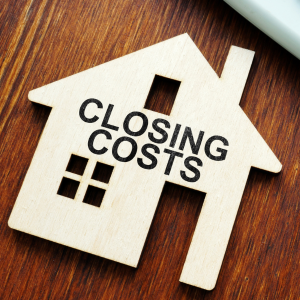
When you buy a house in Virginia, it’s important to know about escrow fees so you can keep closing costs low. People use escrow accounts to keep money for property taxes and homeowners insurance, and the fees that come with them can add a lot to the total closing costs.
Buyers should ask who chooses the escrow service because different companies may offer different costs and services. You could ask the lender if they have preferred partners for escrow services or if you can look around for better pricing.
Buyers should also make sure they know exactly what services are included in the escrow price, since some of them may be negotiable or not needed. Knowing how escrow costs are figured up might also help you guess how they will affect the total cost of closing.
By asking specific questions about these fees early in the home-buying process, buyers can come up with a plan to lower their costs at closing.
Is There a Way Around Closing Costs?
When buying a house in Virginia, many buyers look for ways to reduce or avoid closing fees, which can have a major impact on the overall cost of the transaction. While totally minimizing closing costs may not be possible, there are numerous ways to lessen them.
One effective technique is to negotiate with the seller to cover some or all of the closing costs as part of the purchase contract. This is commonly referred to as a seller concession, and it can be especially beneficial in a buyer’s market.
Additionally, first-time homebuyers in Virginia may be eligible for assistance programs that provide grants or loans to offset closing costs. Another option is to look into lender credits, in which the mortgage lender pays for certain closing fees in exchange for a slightly higher interest rate on the loan.
Buyers should also compare multiple lenders because fees can vary significantly, and searching around may help find more reasonable solutions. Finally, thoroughly studying the Loan Estimate and asking about any unusual fees can help identify areas for negotiation or deletion, lowering overall closing costs when purchasing a property in Virginia.
Selling a home can involve costly closing fees. At Cash For Houses Girl, we buy houses in Richmond and the cities, helping you avoid these fees and sell fast. Make the process simple and stress-free!
Who Pays What Closing Costs in Virginia?
Find out who pays what closing costs when you buy a house in Virginia. This will help you avoid or minimize these costs as much as possible. According to the terms of the purchase deal, Virginia’s closing costs are usually split between the buyer and the seller.
Loan origination fees, evaluation fees, and title insurance are some of the costs that buyers usually pay for. Lots of the time, sellers pay the commissions to the real estate professional and sometimes they also help pay the costs of the deal.
Some of these costs can be moved from the buyer to the seller, though, by doing things like getting seller concessions. This lowers the purchase price for the buyer. People who want to buy a house need to know what the normal procedures are in Virginia and work to get the terms lowered so that the closing costs are lower.
If you want to carefully lower your closing costs when buying a home in Virginia, it can also help to work with experienced real estate professionals who know how to conduct these negotiations.
Closing costs are shared between buyers and sellers and are often negotiable. For more help, Contact Us at Cash For Houses Girl.
What Is the Average Closing Cost on a House in Virginia?
When purchasing a home in Virginia, grasping the typical closing costs is essential for sound financial planning. In Virginia, you can generally expect closing costs to fall between 2% and 5% of the home’s purchase price.
The expenses may encompass charges like lender fees, appraisal fees, title insurance, and taxes. To reduce or eliminate high closing costs when buying a home in Virginia, purchasers can consider various approaches.
One effective strategy is to negotiate with the seller to cover part of the closing costs. Moreover, evaluating loan estimates from various lenders can assist in pinpointing options with reduced fees.
Programs and grants for first-time homebuyers in Virginia can provide support for closing costs as well. Understanding these averages and strategies empowers potential homeowners to effectively handle their budgets and minimize unforeseen financial challenges throughout the home-buying journey in Virginia.
Need a quick, hassle-free home sale? Cash For Houses Girl offers fair cash deals, no repairs required, and an easy process from start to finish. Call (804) 376-8771 today for your no-obligation cash offer.
| HOUSING FINANCE | CONVENTIONAL MORTGAGES | MORTGAGE LOANS | FIRST MORTGAGE | HOME MORTGAGES | MORTGAGE RATES |
| TEXAS | CUSTOMER | TAX PAYMENT | MORTGAGE INSURANCE | WARRANTY | WARRANTIES |
| INVESTMENT | INVESTING | FINANCE | HOME WARRANTY | HOME WARRANTIES | HOME INSURANCE |
| BANKING | HOMEOWNERS ASSOCIATION | HOA | HOMEOWNERS ASSOCIATION (HOA) | FHA LOANS | CREDIT REPORT |
| BROKERAGE | MARKETING | PERCENTAGE | PRIVATE MORTGAGE INSURANCE (PMI) | PRIVATE MORTGAGE INSURANCE ( PMI ) | INFORMATION |
| FOR CLOSING COSTS | REDUCE CLOSING COSTS | OF THE LOAN | THE DOWN PAYMENT | ARE CLOSING COSTS | CLOSING COSTS YOU |
| AVERAGE CLOSING COSTS IN | TO REDUCE CLOSING COSTS | MUCH ARE CLOSING COSTS | WHO PAYS CLOSING COSTS | ARE CLOSING COSTS IN | THE BUYER AND SELLER |
Helpful Virginia Blog Articles
- Sell a Condemned House in Virginia
- Home Sale Contingencies In Virginia
- Real Estate Attorney Fees For Selling Your Home In Virginia
- Avoid Closing Costs When Buying A Home In Virginia
- How To Sell A House With Mold in Virginia
- Homeowners Insurance When Selling a House in Virginia
- Selling Distressed Property ‘as Is’ In Virginia
